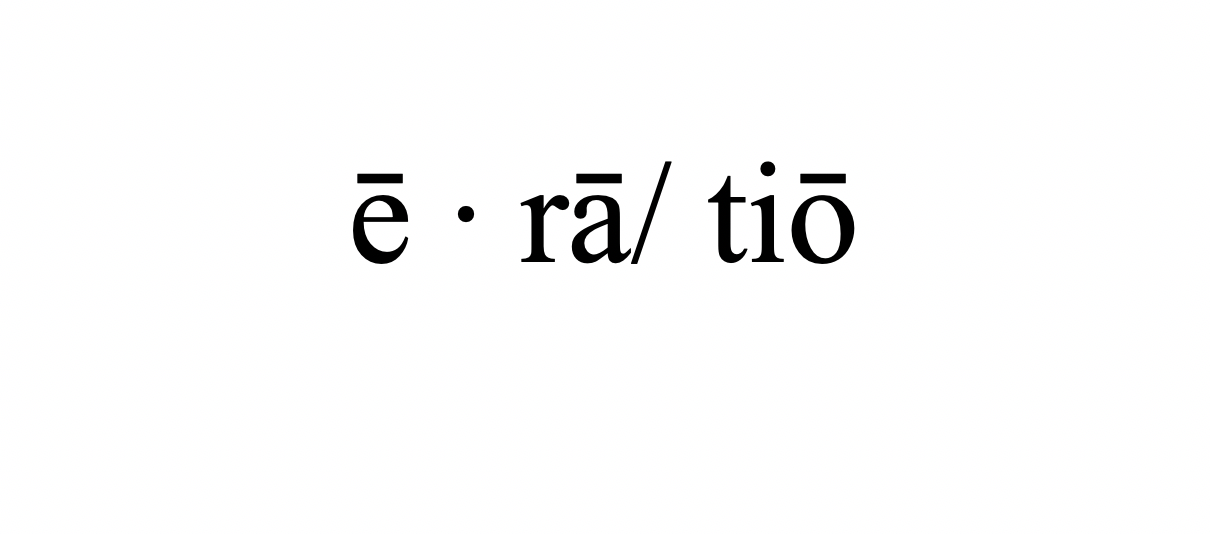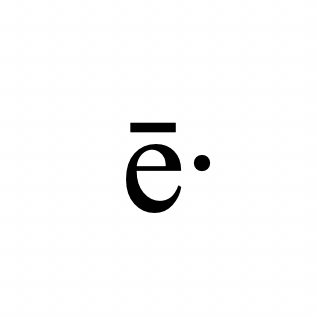

Two by
Joel Chace
Physics
Seagirt. The phase space of a physical
system is the list of the
configurations in which the system
can be. To sit at an eastward
window and watch — pushing itself
out behind that molten
immensity — the sun. It disrobes,
from darkness, and becomes what’s
to come. Heavily modal. Ever-swelling
waves; their exhausted slapping against
the crenellated harbor
wall. Murmurous layers of
sand sheeting across one another. Modal,
heavily. No ideas except
in events, often mistakenly called
things. Not a science about how the world
is, but a science of how the world can
be. On that island hidden
beyond the promontory, seals’
wailing, like Beethoven’s
Late Quartets. Modal, heavenly.
Chaos and Night
Philanthropy of
molecular stew… Illimitable
Ocean, where length, breadth, and
highth, and time and place are lost…At
night, something paws through
fabrics at the bazaar: exchanges
stripes; fashions knots; expands
embellishments…Eternal
Anarchie, for hot, cold, moist,
and dry strive here for Maistrie…Thir
embryon atoms around the flag of each
his faction…Next morning, vendors
thank their mingled gods for such
surplus value. All is hushed and scrubbed
for imminent banquets. Even
moneylenders seem appeased… the state
of a system is a bookkeeping
device of interactions with
something else…Vertigo heart
plunges, plunges, plunges into
a sweet, deep brew…ore bog or steep, through
strait, rough, dense, or rare, with head, hands,
wings, or feet pursues its
way, and swims or sinks, or
wades, or creeps, or flyes…
Joel Chace has published work in print and electronic magazines such as Tip of the Knife, E·ratio, Otoliths, Word For/Word, Golden Handcuffs Review and The Brooklyn Rail. Most recent collections include Humors from Paloma Press, Threnodies from Moria Books, and fata morgana from Unlikely Books. Maths is forthcoming from Chax Press.